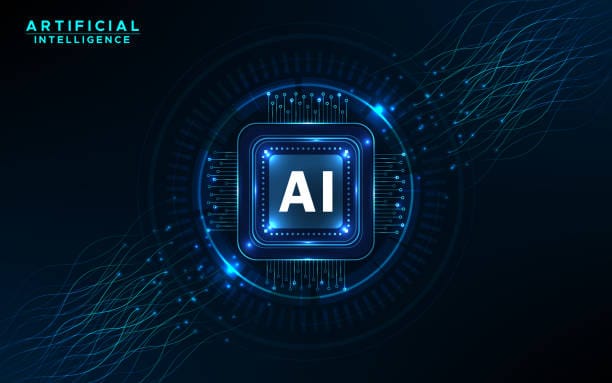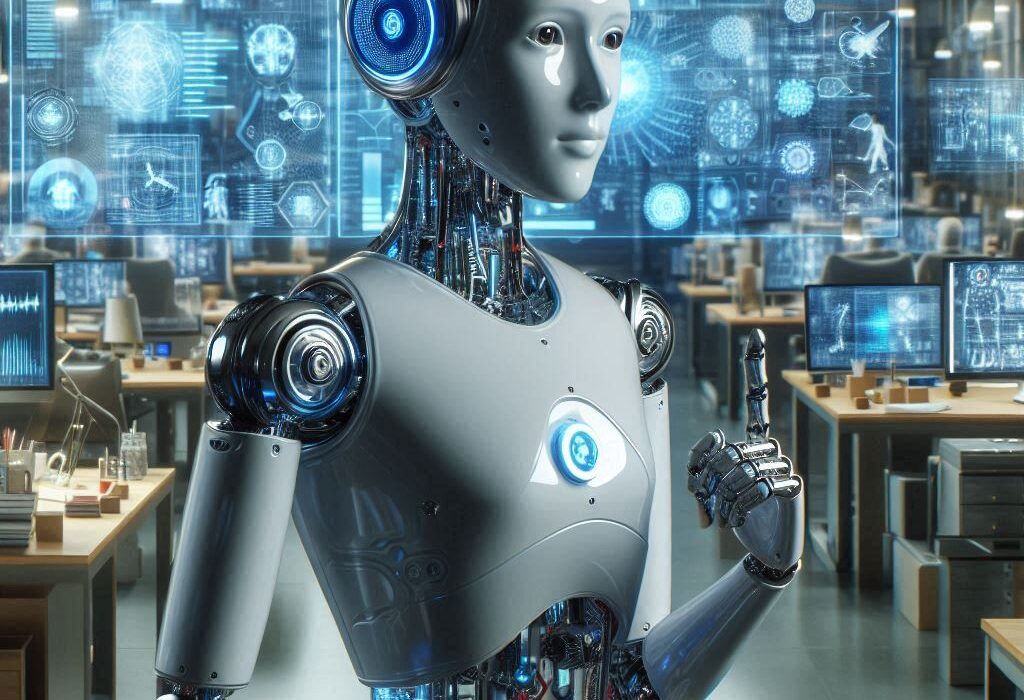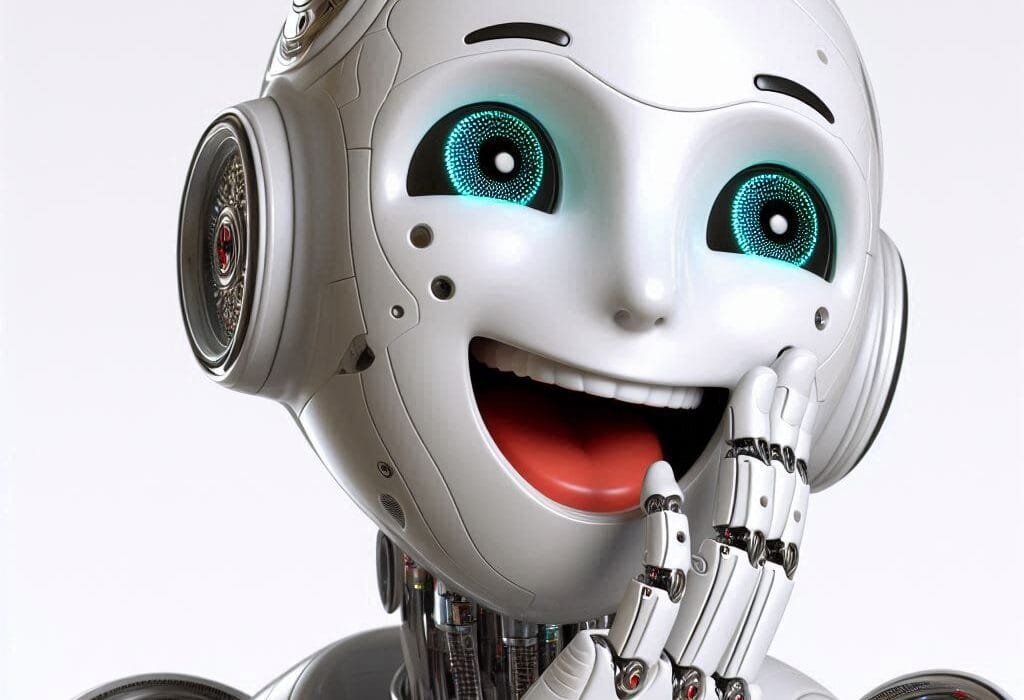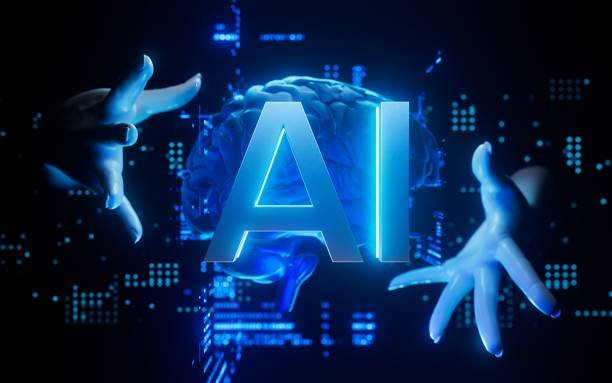In 2025, artificial intelligence is no longer an abstract promise whispered in the halls of tech giants; it is an everyday partner, quietly transforming how small businesses operate, compete, and grow. For decades, advanced AI seemed like a privilege reserved for corporations with sprawling budgets and dedicated research teams. Today, a bakery in a quiet neighborhood, a boutique design studio, or a local logistics company can wield the same cognitive power that once required millions in investment.
The barriers to entry have fallen dramatically. Subscription-based AI services, cloud computing scalability, and user-friendly platforms have made it possible for a two-person startup to deploy machine learning models as sophisticated as those used by Fortune 500 companies. But this isn’t just about technology; it’s about survival and opportunity. In an economy defined by speed, precision, and personalization, the ability to harness AI can mean the difference between thriving and fading into obscurity.
AI as the Silent Business Partner
For many small business owners in 2025, AI operates like an invisible co-founder — a partner who never sleeps, forgets nothing, and processes data faster than the human mind can imagine. It watches patterns emerge from streams of numbers, listens to customer conversations, detects shifts in market sentiment, and makes predictions that help guide decisions.
In a small artisanal coffee shop, for instance, AI doesn’t just handle inventory; it predicts demand spikes based on weather forecasts, local events, and even social media trends. In a local marketing agency, AI scans competitors’ online strategies in real time, suggesting immediate adjustments to ad spending or creative direction.
The beauty is that this partnership is not about replacing the human touch but amplifying it. AI handles the repetitive, data-heavy tasks, freeing human minds for the creative, empathetic, and relationship-building work that machines cannot replicate.
Understanding Customers on a Personal Level
One of the most profound shifts AI has brought to small businesses is the ability to understand customers as individuals rather than as faceless segments. In 2025, customer analytics tools powered by AI go far beyond demographic data. They interpret behavior — not just what customers buy, but why they buy it.
Consider a local bookstore. Traditional sales reports might show that a certain novel is selling well. AI, however, can analyze online reviews, in-store purchase times, and social media chatter to reveal that customers are drawn to that novel because it resonates with themes currently trending in pop culture. This insight enables the bookstore owner to curate recommendations that feel eerily intuitive to each customer, increasing loyalty and return visits.
Natural language processing (NLP) systems now analyze customer feedback instantly, detecting emotion and urgency in text or voice messages. A small fashion brand might discover through AI sentiment analysis that while customers love their designs, there’s growing frustration with delivery times. This allows the brand to act quickly before dissatisfaction erodes its reputation.
Personalization at Scale
In the past, true personalization was the privilege of luxury businesses with the staff to handcraft customer experiences. In 2025, AI makes it possible for even the smallest ventures to create a deeply personal experience for each customer — and to do so at scale.
A neighborhood fitness studio, for example, can now offer AI-generated workout plans that adapt daily based on a client’s progress, mood, and feedback. The AI not only tracks performance metrics but also learns a client’s preferred communication style — some thrive on daily motivation, while others prefer quiet, data-driven updates.
For e-commerce businesses, AI dynamically adjusts website content, product recommendations, and even pricing in real time for each visitor. Two customers arriving on the same page may see entirely different offers, each tailored to their likelihood of purchase. This kind of hyper-relevance was once the domain of massive online retailers; now, it’s in the hands of independent shop owners.
Smarter Marketing Strategies
Marketing in 2025 is an ever-moving target, with algorithms, consumer behavior, and platforms shifting at lightning speed. Small businesses no longer have to guess where to spend their limited marketing budgets; AI tools now provide predictive clarity.
AI marketing systems ingest vast amounts of data — search trends, competitor activity, engagement metrics — and recommend not just where and when to advertise, but also what creative direction is likely to resonate with specific audience groups. A local bakery might learn that customers respond more to behind-the-scenes videos posted in the early morning than to polished product shots uploaded later in the day.
AI-generated content has also matured far beyond the generic, robotic tone of its early years. Today’s AI writing assistants craft authentic, brand-consistent copy that feels human, while AI design tools generate visuals and videos that match a brand’s aesthetic. Crucially, small business owners maintain creative control, guiding the AI’s output with their vision and voice.
Operational Efficiency and Predictive Management
Operational efficiency is the silent engine of profitability, and AI has become a master mechanic. In 2025, predictive analytics is embedded into nearly every business tool. Instead of reacting to problems after they arise, small businesses now anticipate them.
A small manufacturing workshop can detect equipment wear before it causes a breakdown, thanks to AI-powered sensors and anomaly detection models. This reduces downtime and repair costs. In hospitality, AI predicts booking cancellations and no-shows, allowing restaurants and hotels to adjust in real time, filling gaps before revenue is lost.
Inventory management has become a finely tuned symphony. AI systems track not just current stock levels, but also seasonal trends, supplier reliability, and regional events. A florist can order just enough roses before Valentine’s Day to meet demand without risking excess waste — a delicate balance that previously relied on educated guesswork.
Financial Insights and Risk Management
For small businesses, financial health is both a daily concern and a long-term survival factor. AI in 2025 acts as an always-on financial advisor, analyzing cash flow patterns, detecting irregularities, and forecasting potential shortfalls weeks before they happen.
Cloud-based accounting platforms powered by AI automatically categorize expenses, reconcile accounts, and flag transactions that deviate from normal behavior. A small café owner might receive an alert about a sudden spike in ingredient costs, prompting them to renegotiate with suppliers or adjust menu pricing before margins suffer.
Risk management has also been transformed. AI models assess everything from credit risk for extending payment terms to potential fraud in customer transactions. This means small business owners can make informed decisions quickly, avoiding costly mistakes that once blindsided them.
Human Resources and Talent Development
While AI is often associated with automation, in small business HR it has become a tool for enhancing human potential. In 2025, AI recruiting platforms help small businesses find candidates who not only match the required skills but also align with company culture.
Once employees are on board, AI-driven learning platforms create personalized development paths. A small marketing agency might use AI to identify skill gaps in its team, then deliver targeted micro-courses to strengthen those areas. Performance reviews are informed by objective, data-driven insights, reducing bias and helping employees grow in ways that directly benefit the business.
Even scheduling has become smarter. AI systems balance employee availability, predicted customer demand, and labor laws to create optimal work schedules that maximize efficiency while respecting work-life balance.
The Human-AI Collaboration
In the early days of AI adoption, there was a persistent fear that machines would replace human workers entirely. By 2025, small businesses have discovered a more nuanced reality: AI excels at handling repetitive, high-volume, data-driven tasks, but the emotional intelligence, creativity, and interpersonal skills of humans remain irreplaceable.
This has led to a collaborative model. AI takes care of the groundwork — analyzing trends, generating drafts, optimizing processes — while humans make the final decisions, add creative flair, and build personal relationships. In a sense, AI has given small business owners the gift of time: more hours to spend with customers, more focus for strategic thinking, and more energy for innovation.
Ethical Considerations and Responsible AI
With great power comes great responsibility. In 2025, small businesses are not immune to the ethical questions surrounding AI. Data privacy, algorithmic bias, and transparency have become core concerns. Customers are increasingly aware of how their information is used, and they reward businesses that are open and ethical about their AI practices.
Forward-thinking small business owners now choose AI tools with built-in ethical safeguards — systems that anonymize customer data, provide explainable decisions, and allow customers to opt out of certain data collection practices. This not only protects the business legally but also builds trust, which is the foundation of long-term loyalty.
Competing on a Global Stage
One of the most unexpected outcomes of AI adoption in small businesses is how it has leveled the playing field globally. A boutique clothing store in a small town can now run AI-optimized international ad campaigns, translate product descriptions into dozens of languages instantly, and offer customer support in real time across multiple time zones.
This globalization, powered by AI, opens markets that were previously inaccessible due to cost or complexity. It also introduces new competitive pressures — local businesses may now find themselves competing with international players in their own niche. Those who embrace AI early often find themselves not just surviving but expanding into entirely new territories.
The Future Is Already Here
By 2025, the line between “tech company” and “non-tech company” has blurred. Every business, no matter its size or industry, uses technology to some extent, and AI has become the most transformative of these technologies. For small businesses, this transformation is not about replacing the human spirit that fuels entrepreneurship but about augmenting it with unprecedented insight, speed, and reach.
The practical use cases of AI are as diverse as the businesses themselves — a reminder that innovation is not reserved for skyscrapers filled with engineers. It is just as alive in the corner café that uses AI to predict when to bake the perfect croissant, the family-run print shop that optimizes ink orders with machine learning, and the local tutoring service that adapts lessons in real time to each student’s learning style.
In this new era, small business owners who see AI not as a threat but as a collaborator will find themselves with a quiet but powerful edge. The technology will not replace their vision, their passion, or their community connection. Instead, it will help them see further, move faster, and serve better — making 2025 not just a year of technological change, but a moment of human advancement.






